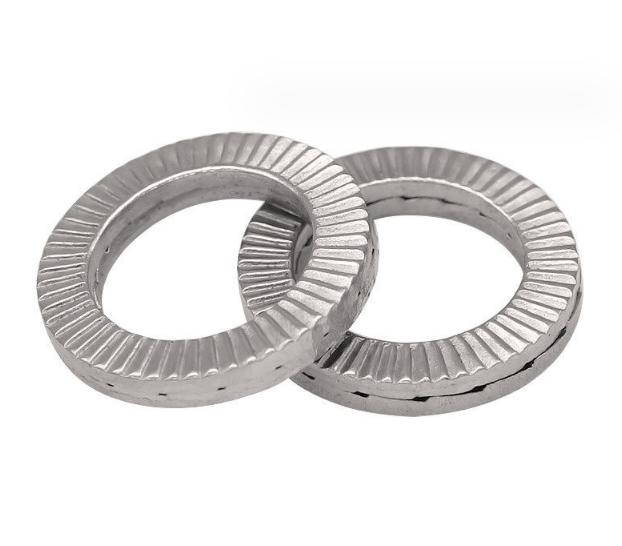What are Flat Washers Used for?
Flat washers may appear to be simple, unassuming components, yet they serve an important function in a variety of applications ranging from construction and equipment to automotive and aerospace. These unassuming round plates, which usually include a hole in the center, play critical roles in assuring the safety, stability, and efficiency of numerous systems and structures. In this article, we discuss the topic of what are flat washers used for, exploring the various applications of flat washers and the essential roles they play.

What are Flat Washers?
Flat washers are thin, flat plates with a center hole, often known as washers or flat round washers. They are often made of a variety of materials, such as metal, plastic, rubber, or brass. These components are available in a variety of sizes and thicknesses, allowing them to be used in a variety of applications.

Applications of Flat Washers
They are essential for load distribution, alignment, wear reduction, anti-vibration, thermal and electrical insulation, spacing, sealing, and corrosion prevention, making them indispensable in a wide range of applications using mechanical fasteners.
Distributed Load
Flat washers’ principal function is to spread the load of a fastener, such as a bolt or screw, over a wider surface area. This prevents the fastener from digging into or damaging the material it is in contact with. The load distribution helps protect the material and ensures a secure connection.
Alignment
Flat washers are frequently used to align parts and fill gaps. When two surfaces are not exactly aligned, washers can bridge the gap and guarantee that the fastener exerts equal pressure to both sides, lowering the chance of misalignment or damage.
Preventing Wear
Washers are used to reduce friction and wear in moving parts or rotating machinery. Placing a washer between two components creates a barrier that limits direct contact between surfaces, prolonging the parts’ lifespan and lowering the danger of corrosion.

Anti-Vibration
Fasteners might become loose due to vibrations over time. To address this issue, flat washers with unique features, such as lock washers and spring washers, are used. Lock washers have a unique shape that resists loosening, while spring washers provide tension to prevent vibrations from causing the fastener to unwind.
Thermal Insulation
In some applications, washers serve as thermal insulators. Placing a washer between a heat source and a component helps to reduce heat transfer, protecting sensitive components from extreme temperatures.
Electrical Insulation
Non-conductive materials like plastic or rubber washers are used to provide electrical insulation, ensuring that electricity does not pass between two conductive components.
Spacer and Shimming
In construction and manufacturing, washers can be used to create spaces or shims between components. They are ideal for making minor adjustments and ensuring that parts fit together correctly.
Sealing
Washers known as gaskets are used in plumbing and fluid systems to provide a watertight or airtight seal between two components, preventing leaks and ensuring system integrity.
Corrosion Prevention
To prevent fasteners and components from rust or other forms of corrosion, stainless steel or other corrosion-resistant washers can be used.

Conclusion
Flat washers, despite their simple form, are critical components utilized in a wide range of applications. Because of their various functions, they play an important role in assuring safety and stability. The integrity and efficiency of various systems and structures, from bridges and buildings to equipment and cars, would be jeopardized if the modest flat washer were not present.








